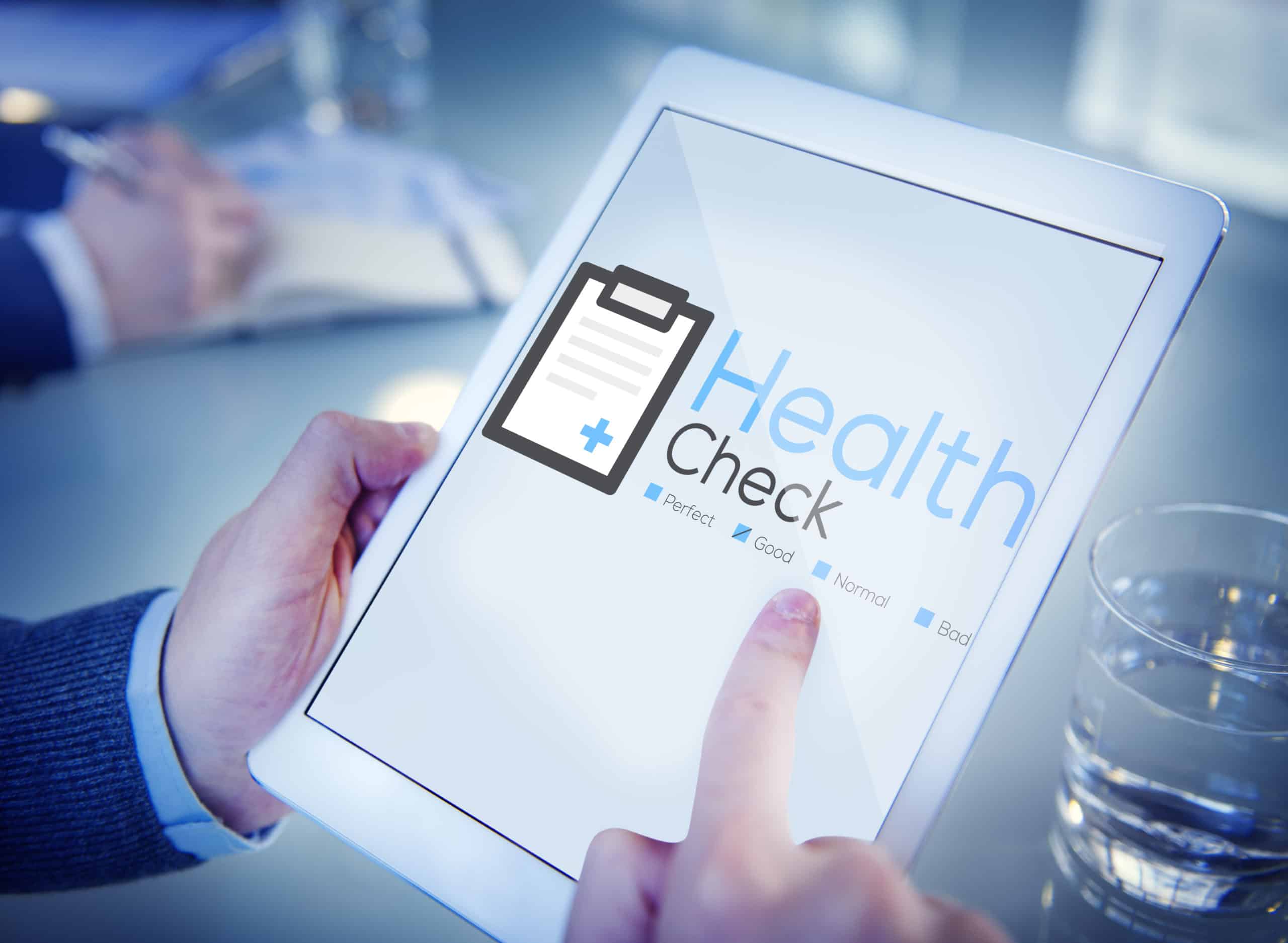New digital health check to tackle deadly cardiovascular disease

A Digital NHS Health Check that will deliver one million checks is to be rolled out across England from next spring, the government has announced today.
The current NHS Health Check has helped to prevent heart attacks and strokes and is currently a face-to-face check-up for adults in England aged 40 to 74. Commissioned by local authorities and largely delivered through GP surgeries, it can help spot early signs of stroke, kidney disease, heart disease, type 2 diabetes, or dementia.
Around 1.3 million health checks are delivered each year, identifying 315,000 people living with obesity, 33,000 cases of hypertension and preventing over 400 heart attacks and strokes.
From spring 2024 the new digital check will operate alongside the existing in-person NHS Health Check – and is expected to deliver an additional one million checks over four years, while easing pressure on GP surgeries.
Patients will be able to access the check via a mobile phone, tablet or computer. They will complete an online questionnaire, enter height, weight, and blood pressure measurements, and the results of a blood test.
The results will be available online and direct people to personalised advice to reduce the risk of a heart attack or stroke, as well as advice to stop smoking and weight management support where appropriate. Referrals to GPs will only be made if further tests and treatment are needed – helping to reduce demand on GP services.
Health and Social Care Secretary Steve Barclay said: “This new digital check-up will mean people can do simple tests and get tailored advice from homes while reducing pressure on GP services.
“This programme is the latest example of how we are using technology to cut waiting times, one of the government’s five priorities, improve diagnosis and treatment.”
Saving NHS time
Cardiovascular disease is the second biggest killer in England and affects around 6.4 million people. The new digital check will help to identify 200,000 people who could benefit from the use of statins, 30,000 cases of hypertension – persistently high blood pressure – and prevent around 400 heart attacks and strokes over the first four years.
Each digital check could save an estimated 20 minutes of NHS time – potentially freeing up hundreds of thousands of appointments in primary care and helping cut NHS waiting times.
The rollout builds on the other technological initiatives the government is exploring. These include the pilot of the Better Health: Rewards app in Wolverhampton which incentivises people to eat better and move more. The results from the NHS Digital Health Check trial in Cornwall will inform next spring’s rollout.
Ahead of the NHS’ 75th birthday next week the announcement forms part of plans to equip the NHS with the latest tools to keep people healthier for longer, save staff time and ease pressures on services.
Professor Sir Nilesh Samani, Medical Director at the British Heart Foundation, said: “This initiative will help to reach more people and encourage them to get their blood pressure and cholesterol levels checked so that, where necessary, healthcare professionals can work with them to manage their condition. This could play an important role in helping people live healthier for longer and saving lives in the coming years, while reducing pressure on the NHS.”
The commitment to deliver a digital check follows a recommendation from the 2021 NHS Health Check review, led by Professor John Deanfield CBE, who in March this year was appointed by the Secretary of State as the first Government Champion for Personalised Prevention.
In his new role Professor Deanfield is developing an ambitious new personalised prevention vision to empower people to manage their heart health, helping them to stay healthy and well throughout their life.
Juliet Bouverie OBE, Chief Executive of the Stroke Association said: “Stroke is a leading cause of adult disability and one of the biggest killers. High blood pressure contributes to around half of all strokes, and 500,000 people are living with undiagnosed atrial fibrillation – both conditions that are treatable.
“Blood pressure checks and pulse checks are essential parts of the NHS Health Check, to accurately detect, treat and manage stroke risk in those age 40 to 74, and stop these conditions leading to a life-changing stroke.”
Iain O’Neil, managing partner – health at TPXimpact and a former NHS director, was more cautious. He commented: ”While it’s positive for the Government to be introducing digital health check ups to spot health problems early and alleviate pressure on GPs, the main issue for primary care will continue to be the shortage of staff. Increasing access without increasing capacity could do more harm than good.
“Until the government can make the role more attractive, including through providing them with better technology to make their jobs easier and improve the quality of care they can provide, then it is likely the pressure on primary care will persist, despite these steps.”




